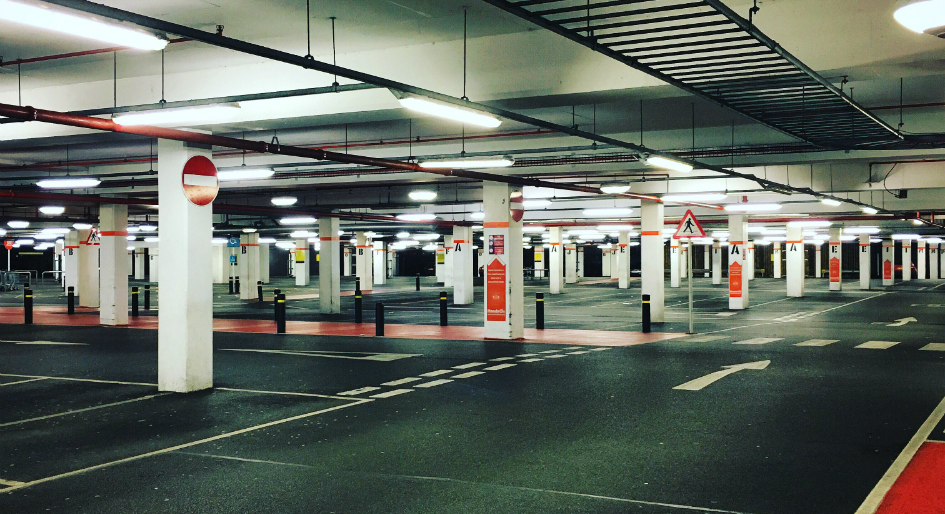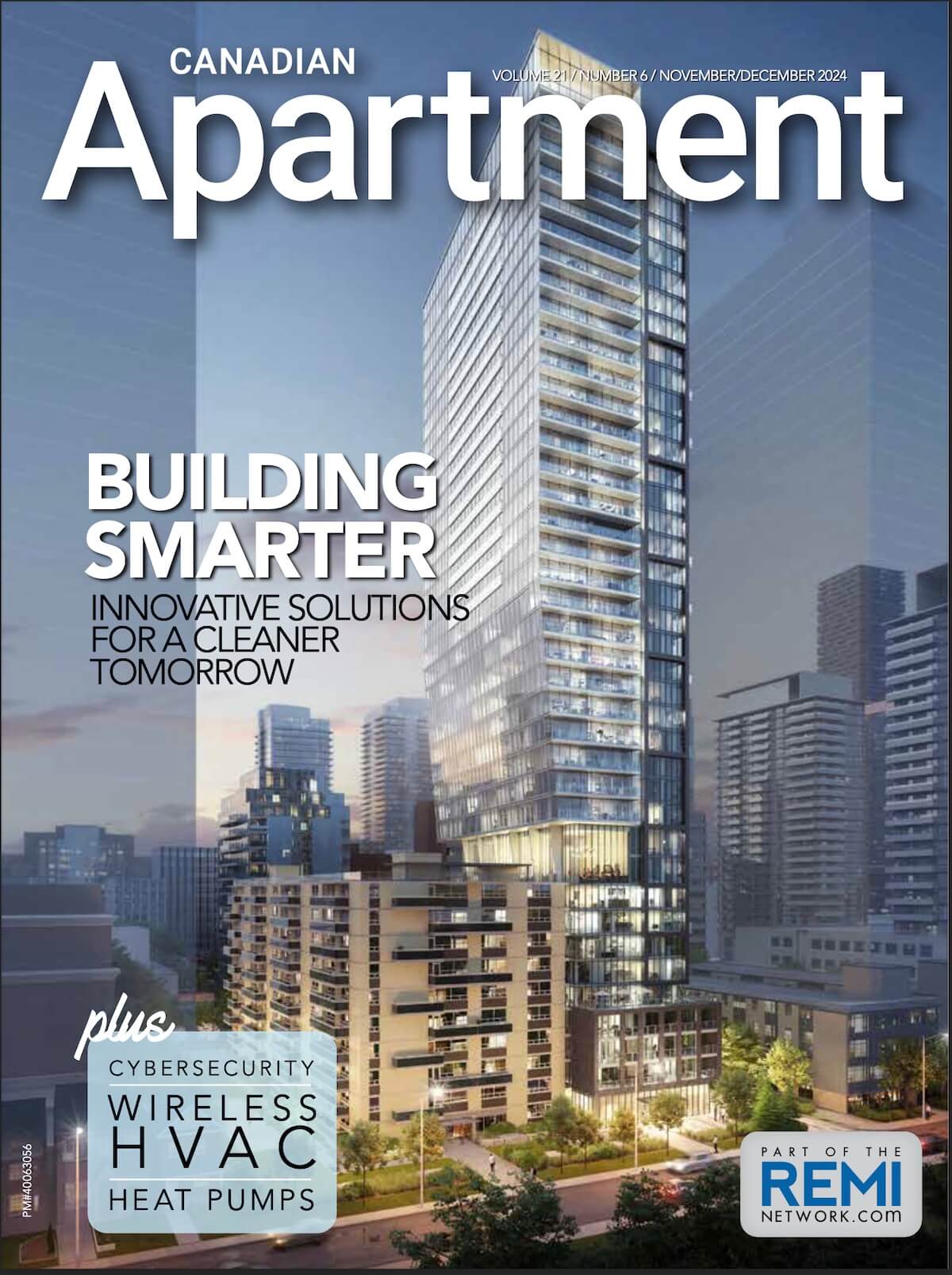Toronto city council ditched most requirements for new residential developments to provide a minimum number of parking spaces. Representatives within the home building industry are applauding the decision as a means to reduce costs and damage to the local environment.
“Building underground parking spaces in Toronto is expensive and drives up the price of new housing developments because the cost is eventually passed on to buyers,” explained RESCON president Richard Lyall. “Forcing developers to provide parking that might not be used just didn’t make any sense.”
Limits on the maximum number of spaces that can be built will also be added. This will permit developers to build spaces based on market demand.
Data shows that in new condo projects an average of 33 per cent of parking stalls were left unsold. One builder had 90 per cent of parking still available for sale as a building neared construction. The market price for stalls has also risen as high as $165,000 in certain new residential building projects—up significantly from $80,000 to $100,000 just three years ago.
“The deeper in the ground you go, the more expensive it gets to build parking spaces,” said Lyall. “The city’s parking requirements dated back to 2013 and needed to be updated. Many younger people don’t own a car, so this policy change was long overdue.
“Mandating developers to build parking spaces that are not needed only prolongs construction, burdens city sewers and infrastructure with groundwater, and results in vast quantities of soil having to be excavated and disposed of at another location.”
The new standard reflects the changing habits of urban dwellers who are increasingly turning to driving alternatives like ride-sharing and public transit.
Minimum requirements lead to the overbuilding of parking and support the continued growth of GHG emissions. Introducing maximum parking permissions will slow that growth in automobile use and resultant emissions, says RESCON.








